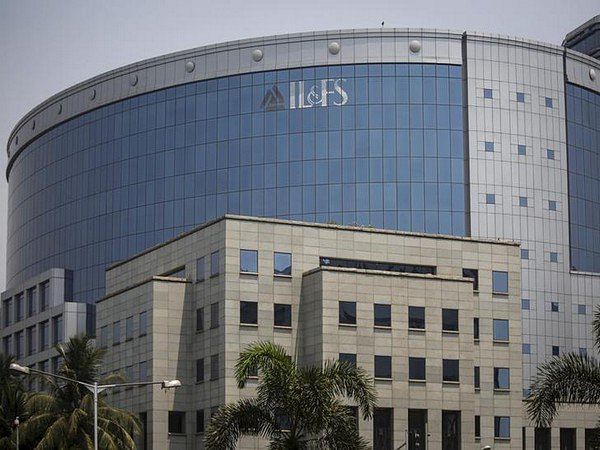There is an "imminent crisis" in the non-banking financial companies (NBFCs) sector and misadventures by large companies and a credit squeeze present ‘a perfect recipe for disaster’, a top government official said on Sunday.
In recent months, the country's financial system has been hit by a default at Infrastructure Leasing and Financial Services (IL&FS) and stress at other companies, and the comments by Corporate Affairs Secretary Injeti Srinivas are likely to send a shiver down the spine of the auto industry as NBFCs play a key role in funding car purchases.
“There is an imminent crisis in the NBFC sector. There is a credit squeeze, over-leveraging, excessive concentration, massive mismatch between assets and liabilities, coupled with some misadventures by some very large entities, which is a perfect recipe for disaster," Srinivas said.
However, he added that "responsible" companies are managing the risk well and are not facing such a dire situation.
A meltdown in the NBFC segment can lead to further scarcity in the availability of small loans such as personal loans and auto loans. Auto sales have seen a visible decline after the IL&FS fiasco. Passenger vehicle sales fell to 2,45,599 units in April this year, against 2018’s comparable figure of 2,96,369 units, a decline of 17%.
Market insiders suggest that there are at least five big NBFCs, other than IL&FS, that are facing considerable stress.
NBFCs, also called shadow banking companies, provide banking services to people without holding a bank license. Unlike banks, they can't accept demand deposits and are not required to maintain reserve ratios.
Srinivas dismissed suggestions that bad loans could be blamed on external factors entirely.
"To say that the situation (NPA) can be attributed entirely to external factors and business risks is not a convincing answer because there is something known as responsible behaviour," he emphasised.
Earlier this month, former Prime Minister Manmohan Singh said the banking sector is "under severe stress" and the way out of "this mess" is to reverse some "gross distortions", work closely with the RBI, re-start the process of credit delivery and ensure sufficient liquidity and cash in circulation.
The NPA "scare" has brought lending to a virtual halt, the former prime minister had said, adding that a "one-size-fits-all approach" drove companies into insolvency while demonetisation shut out all sources of informal credit.
However, Finance Minister Arun Jaitley dismissed the concerns, saying, "When an economist turns into a politician, he loses the sense of both economy and politics".
"Manmohan Singh left behind in 2014 an economic slowdown, policy paralysis, and corruption. He brought down his party to lowest ever strength in Parliament. India was a part of the fragile five. Today he regards the world's fastest growing major economy as disastrous," Jaitley said.
Srinivas also said corporate governance in India is being put to test.
"It is a defining moment. The way things are moving, in the medium to long term it will be for the good. In the short term, there can be turbulence," he said.
"If you are responsible, you manage the risks. There are many companies in the country that have strong corporate governance. They take risks but manage them as well. So, they don't face such dire situation that some others are facing today," Srinivas said.
